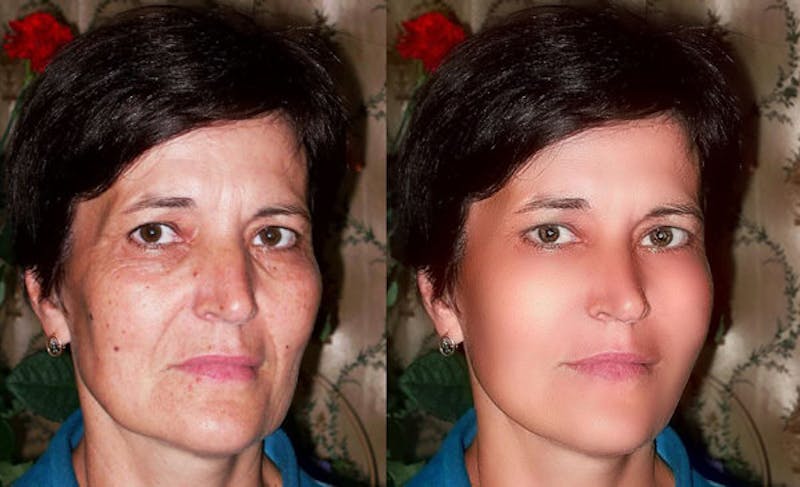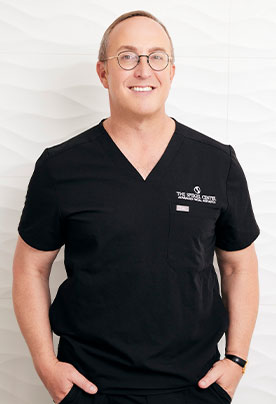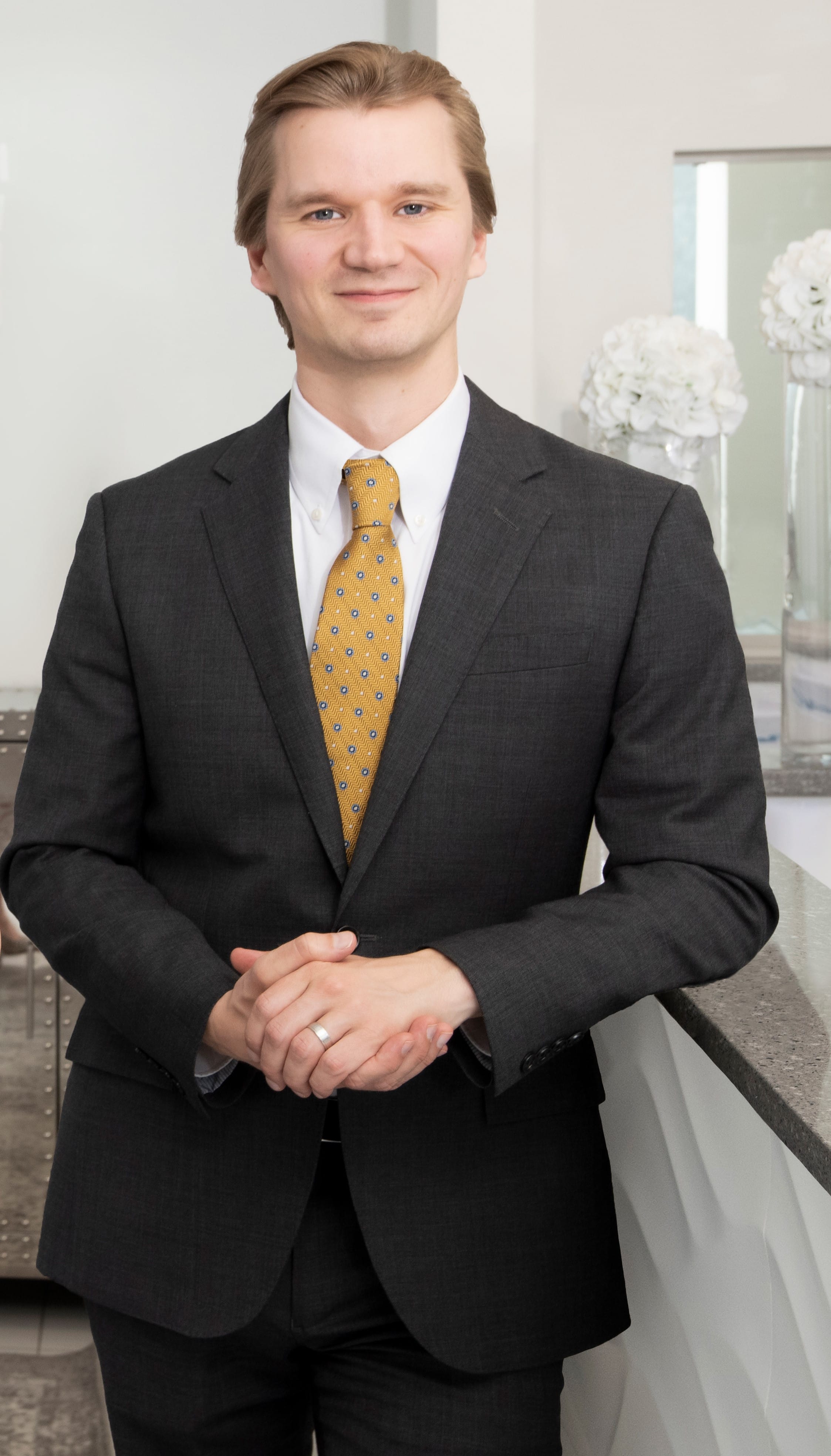
One of the hurdles that patients face when they undergo plastic surgery is that they aren’t always sure what they will look like when the surgery is over. Luckily, modern technology is here to save the day. Morphing technology can take a single image and adjust it to reflect what a patient will look like after surgery. This makes it much easier to get a feel for the aftereffects of surgery and helps to make patients much more comfortable about the whole procedure.
What is Morphing?
Morphing is the art of using digital manipulation to give patients an idea of what they will look like after plastic surgery is performed. This can be as simple as using a version of Photoshop to alter an existing photo, removing blemishes, age spots, and wrinkles. There are even mobile apps available so people can use the camera on their phones or tablets to take a head shot and then see what the possible results of some surgery will be. Despite the existence of these morphing apps, the technology is best used in the hands of a doctor or other plastic surgery professional. That way, a person can get an accurate feel for what they can expect from surgery without having any unrealistic expectations.
Benefits of Morphing
Morphing technology is very important when it comes to setting a realistic expectation for what plastic surgery can accomplish. Many people tend to think of plastic surgery as some sort of magical transformation where the end result looks nothing like the present, but that isn’t the truth. Instead, surgery is usually more subtle, as morphing can demonstrate. It can also be used to allay fears about the surgery, showing that the end result won’t change the patient’s physical identity. Finally, morphing technology can be used to make sure that both the doctor and the patient are on the same page when it comes to the goals of the surgery. The visual confirmation reduces the chance of miscommunication.
The Morphing Process
The actual process behind morphing is more than just taking a picture and modifying it using Photoshop. Instead, a surgeon typically takes multiple pictures, having the patient show off different expressions. You might be asked to look happy, surprised, or angry during the process so you can get a feel for exactly how your face will change in all situations. From there, an imaging program is used to modify the pictures to show what changes might get made. This includes the removal of sunspots, warts, and other blemishes. It can also include larger modifications, such as a change in jawline structure. Virtually any plastic surgery decision that can be made can first be viewed through this technology.
Morphing has changed the plastic surgery industry by giving patients a better idea of what they’re getting into. It helps to give a realistic idea of what the surgery will entail and also allays potential fears about a procedure. Most importantly, it helps doctors and patients communicate better, which ensures a superior experience for everybody.
Image Source: Flickr/CreativeCommons/Jeff Moon





